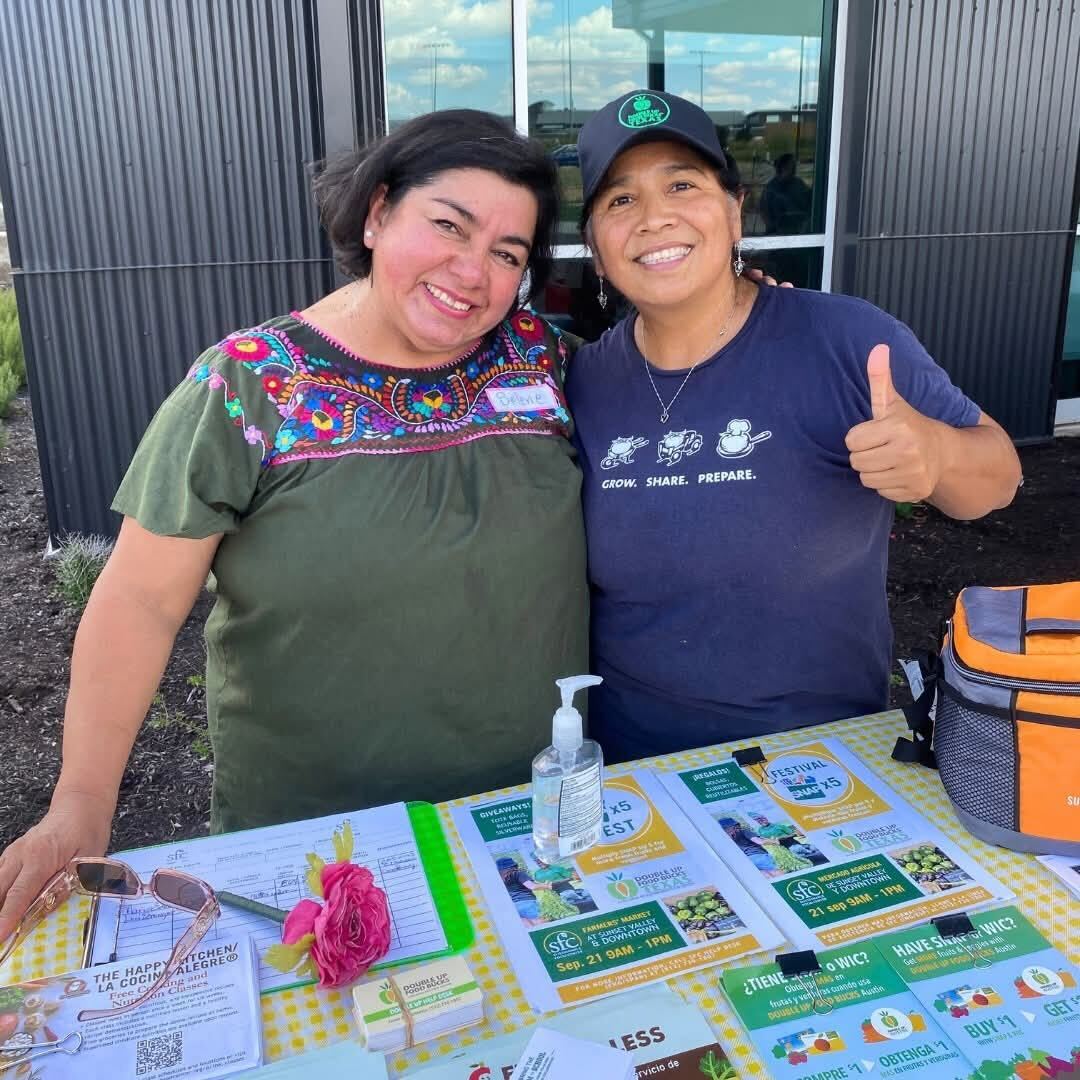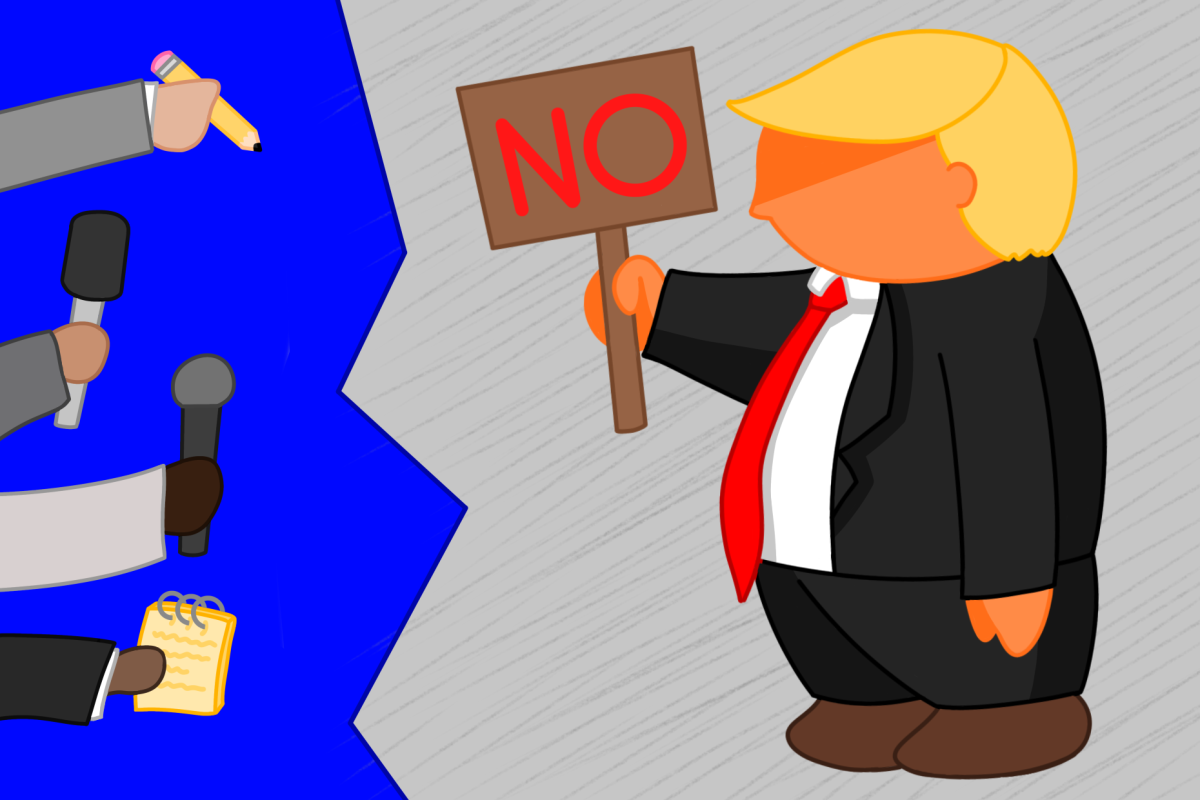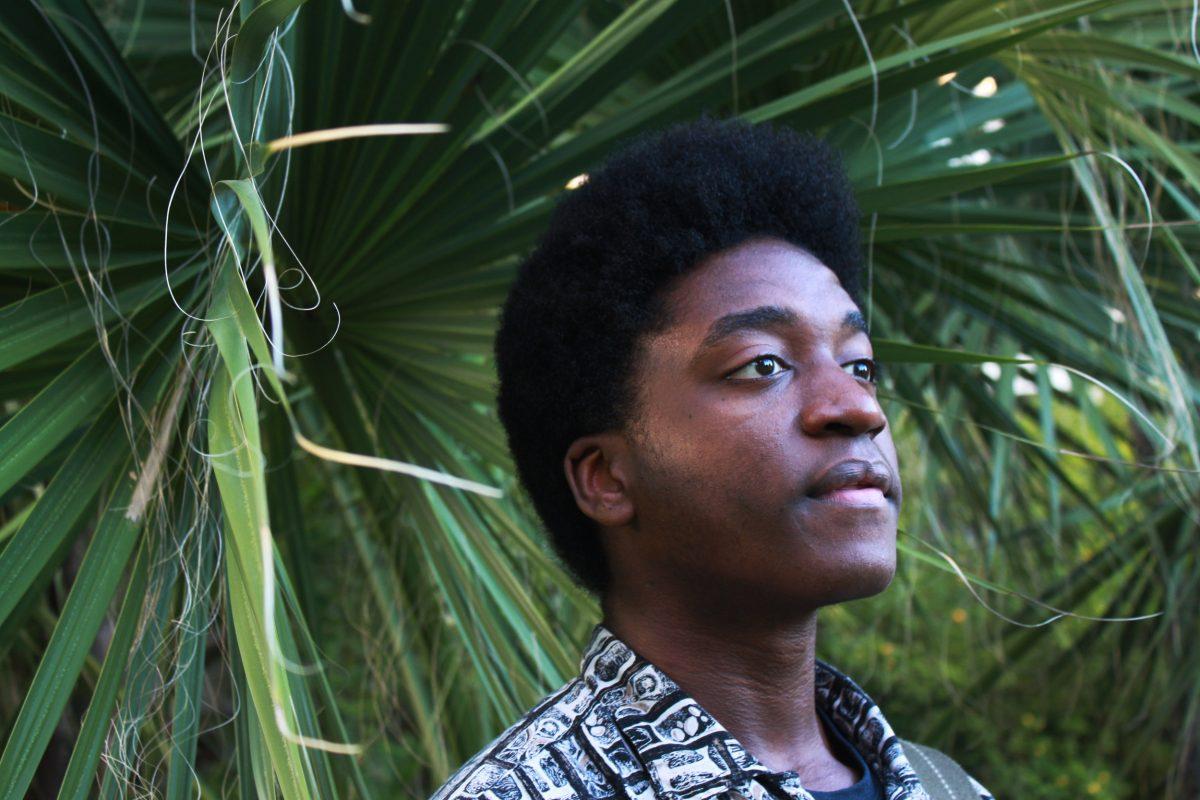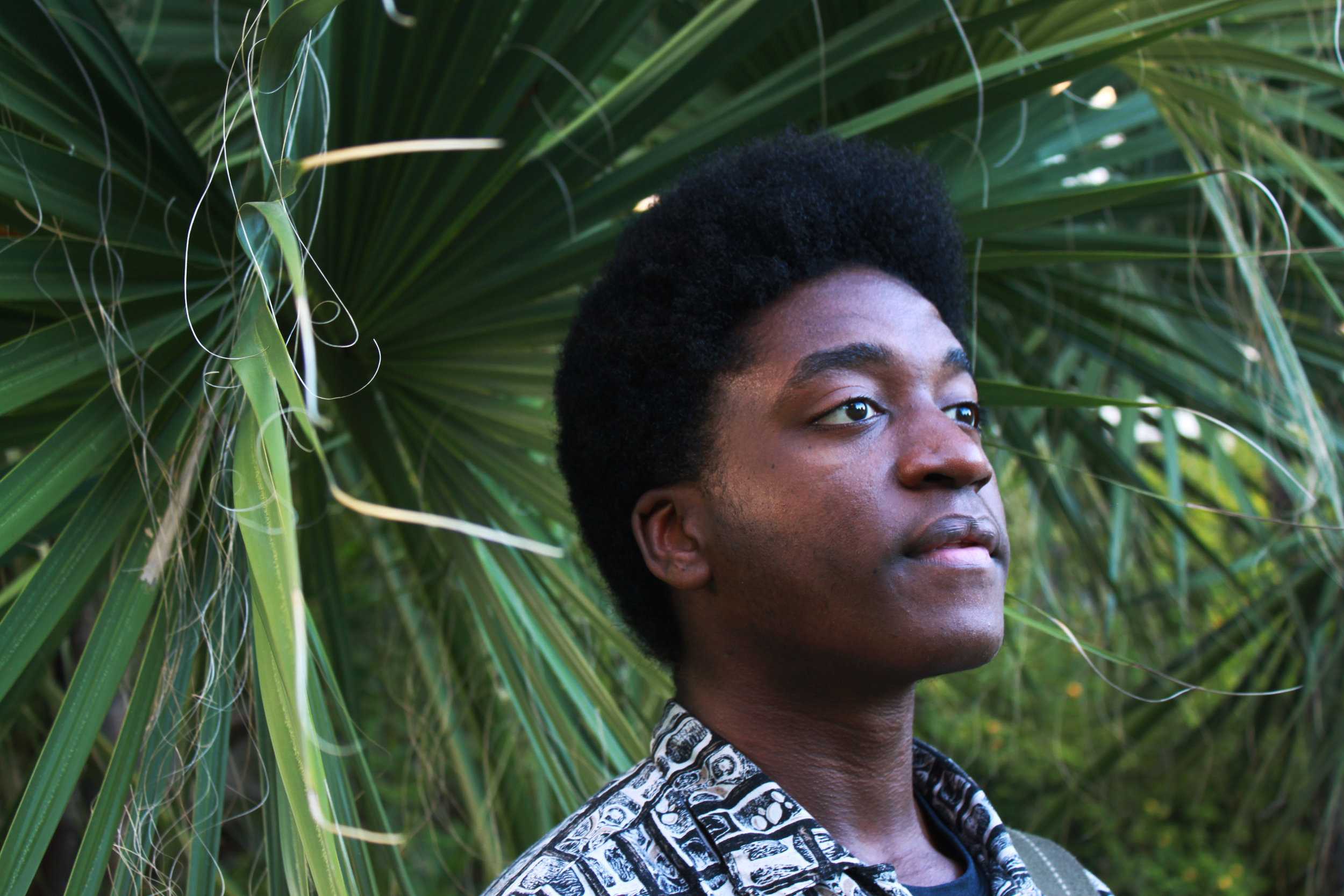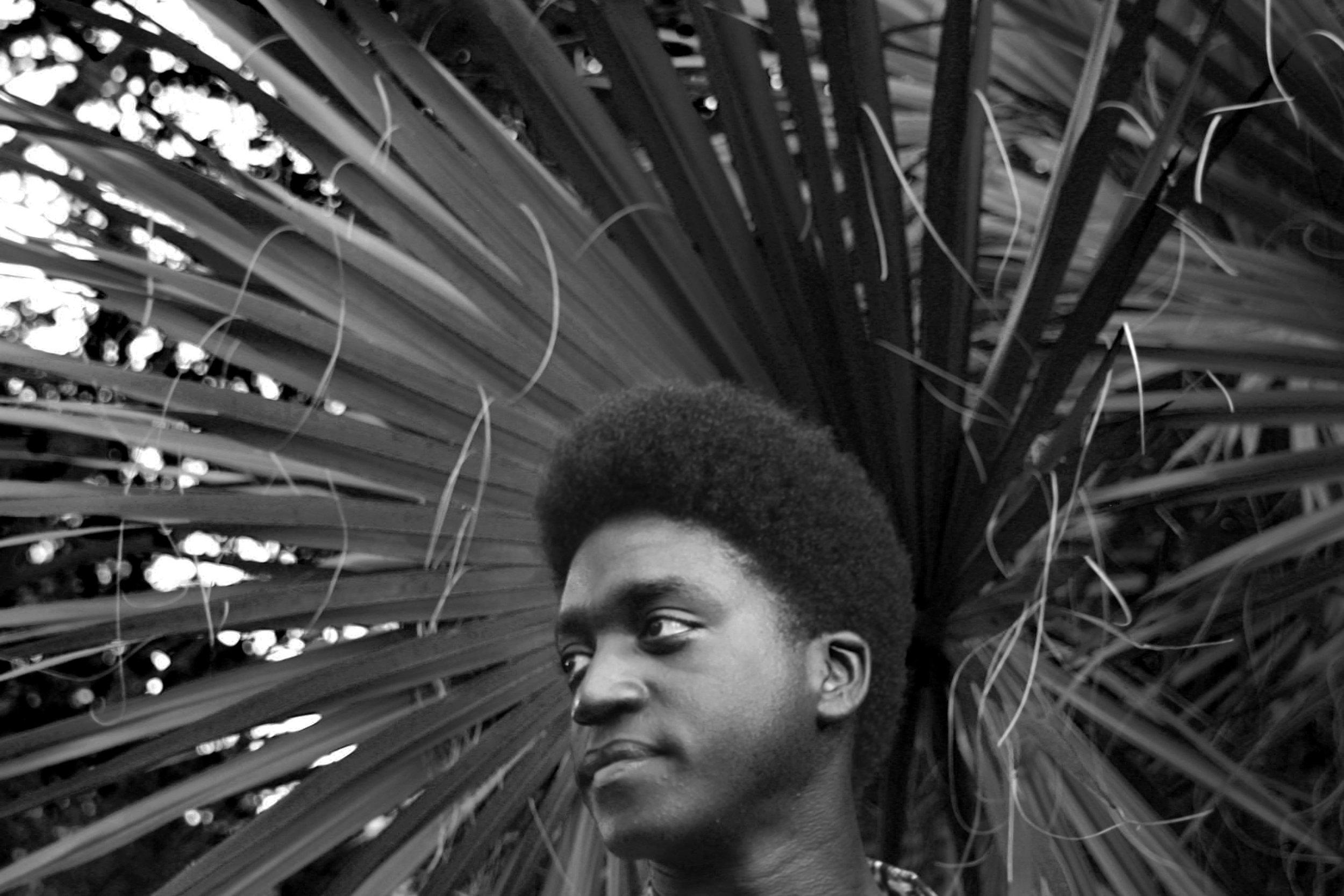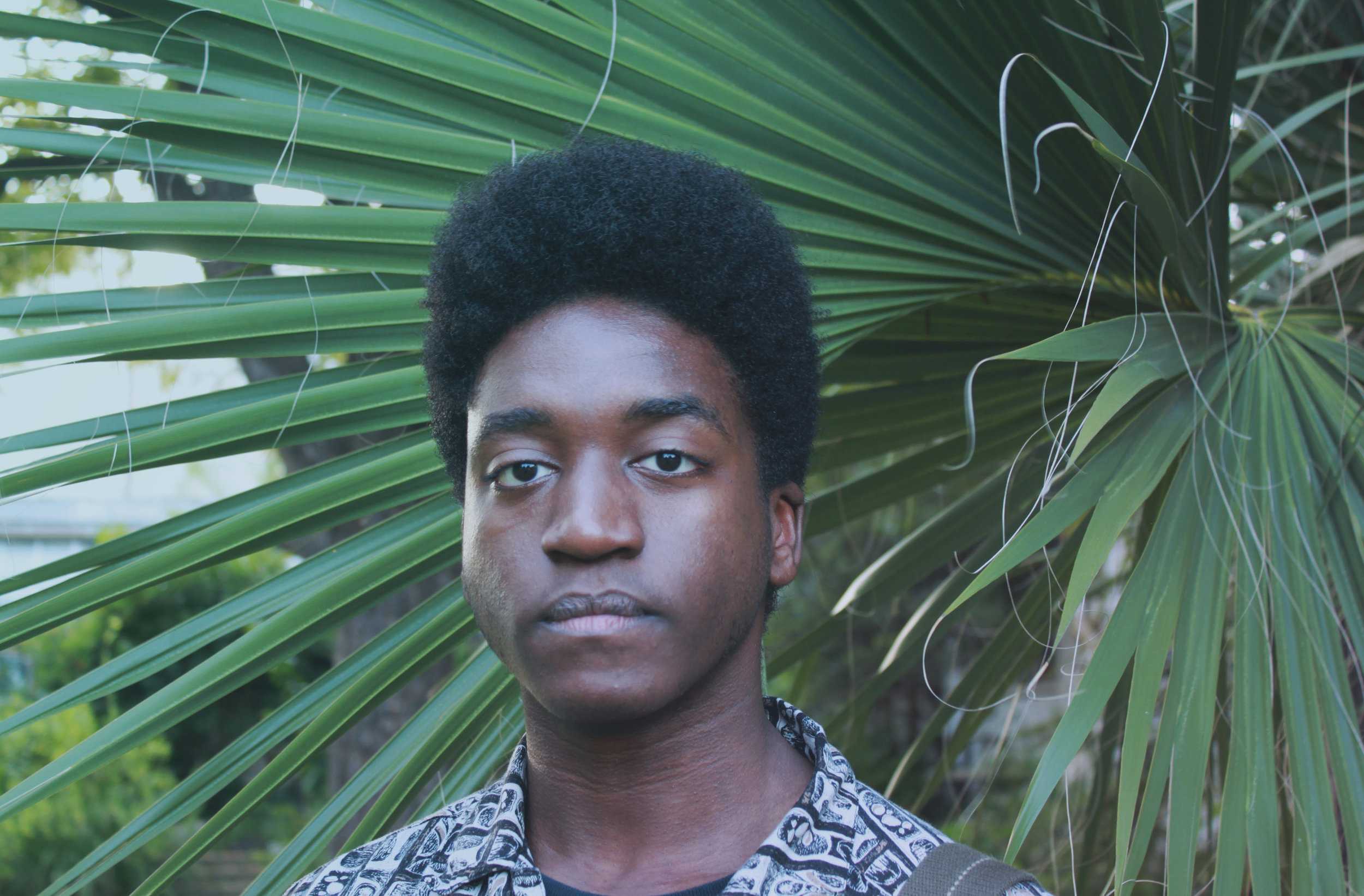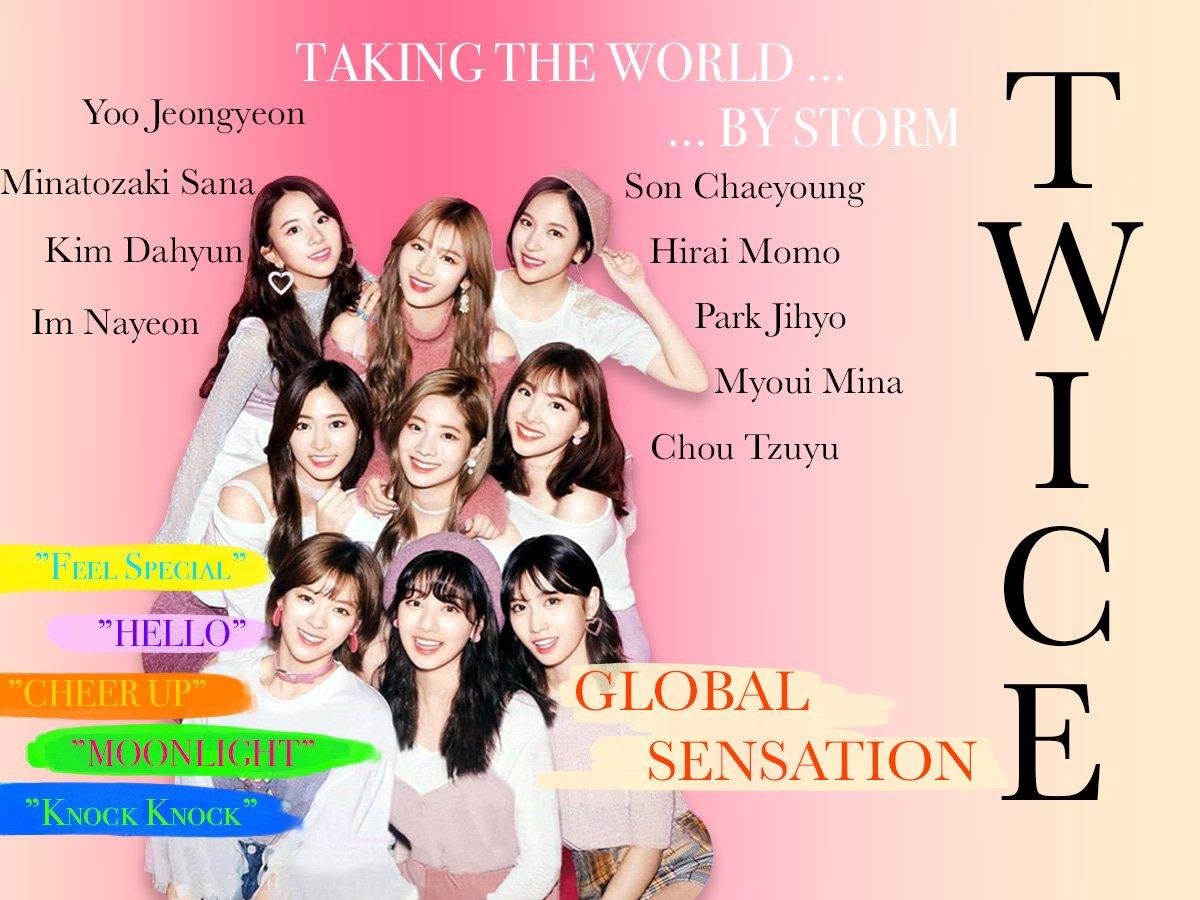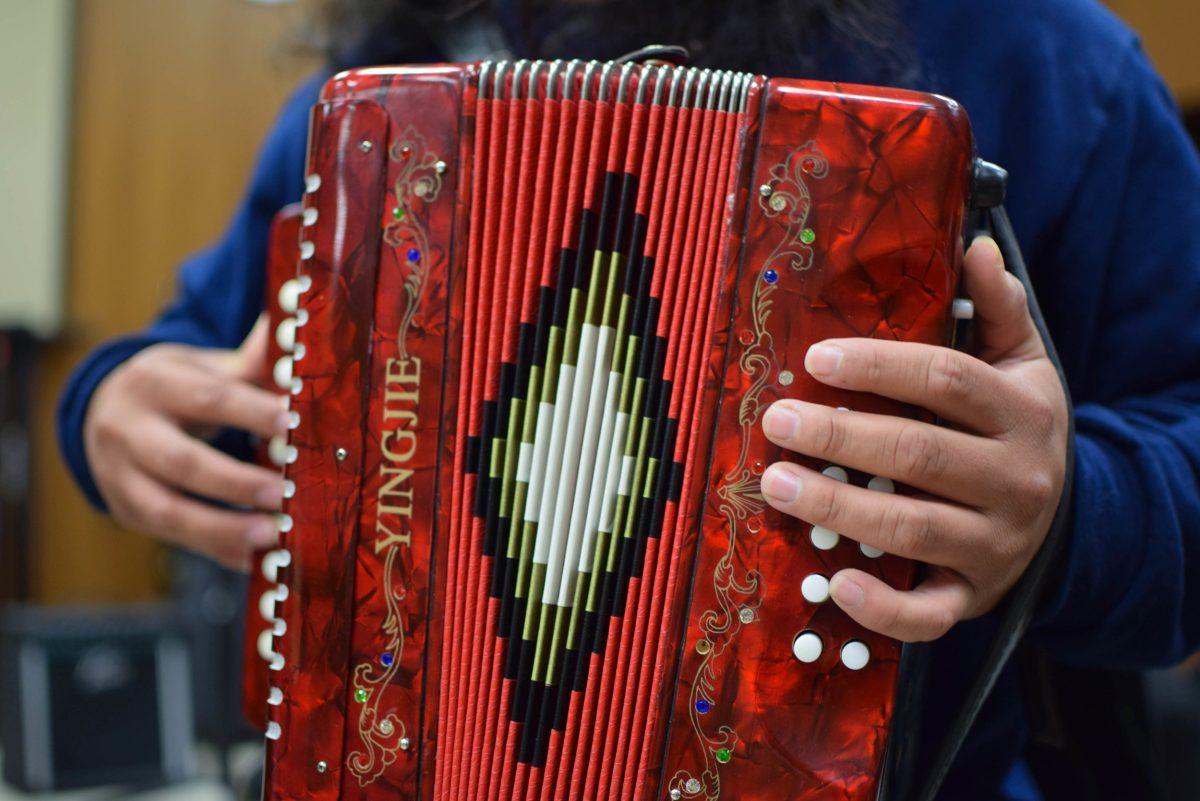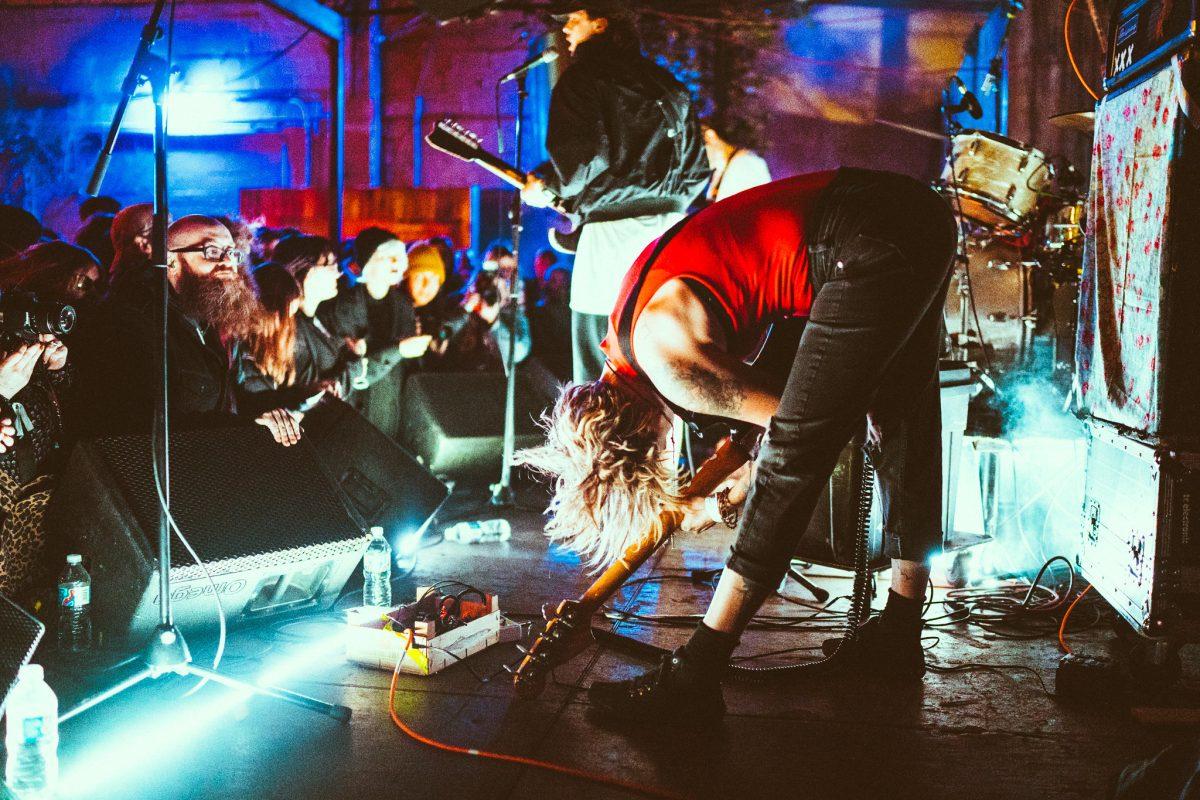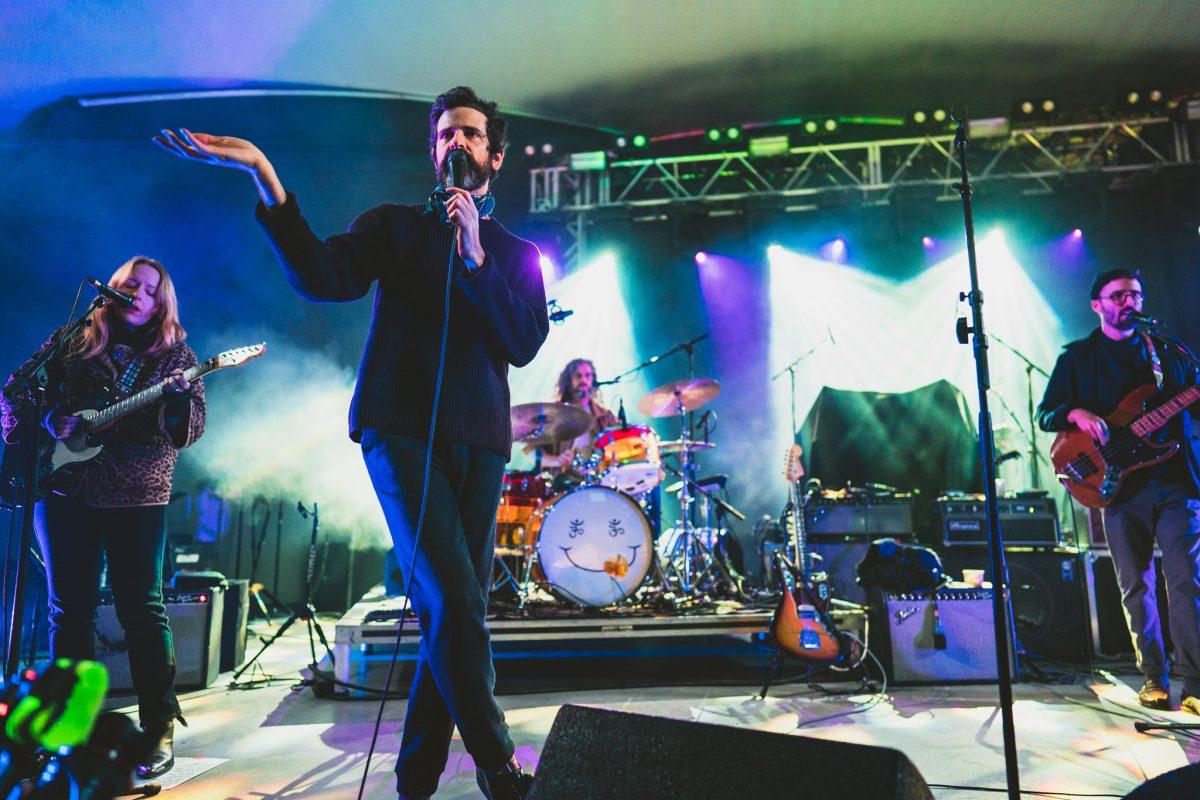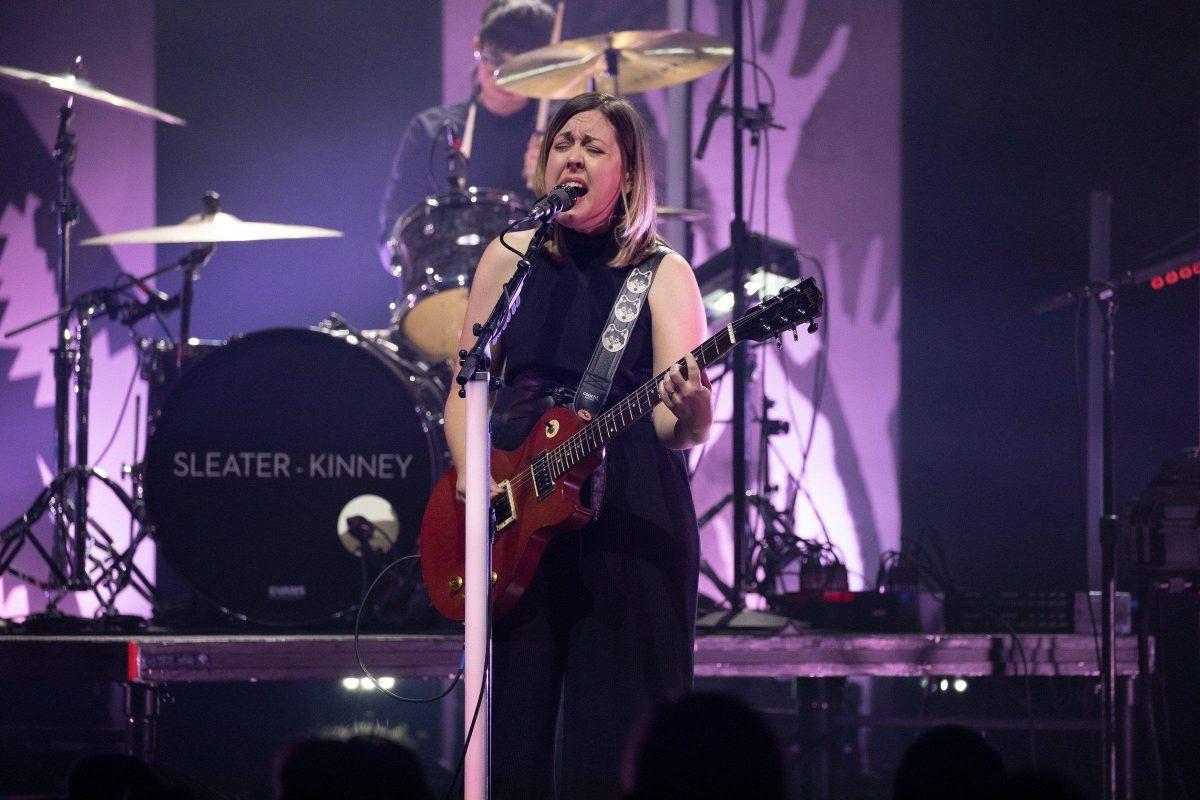Daniel Nkoola, a Radio-Television-Film student and local rap artist.
Daniel Nkoola is a University of Texas at Austin Radio-Television-Film freshman who was originally born in Uganda and has found the time to drop two projects in between his studies. He recently debuted his sophomore effort, “Speak of The Devil,” a 5-track mixtape that offers a smooth listening experience, plus fun ad libs and lyrical poetry. ORANGE spoke with Nkoola to discuss his project, inspirations and future plans.
Story by Onaje Mcdowelle
Photos by Audrey Marlett
How did you get started making music?
For the video announcements at my high school, we would make song parodies to promote events. I wrote “Choir Cookies” over the instrumental of OG Maco’s “U Guessed It,” which was a big hit at my school. After we dropped an extended version in December, people lost their minds. Several peers said to me “When’s the mixtape coming out?” as a joke, and at some point I must’ve decided to actually make one. Between knowing that I had an audience, and wanting to find a cool way to ask a girl to prom, I ended up diving into “So Help Me God.”
I noticed that your cover art holds a consistent scheme throughout both albums. What was the vision behind it?
For “So Help Me God,” what ended up happening was practically by accident. It was the last school day before spring break, and I had yet to finish writing or even announce that a mixtape was in progress, but it was the last time I would have access to the [school photo] equipment for a while. Josh Walters (who is featured on a couple of songs) and I ended up recording me in front of a green screen as I made various faces, and we searched the footage frame-by-frame for a still image that we liked.
Josh was skilled in Adobe After Effects, and in playing around with a few shapes, he accidentally dragged the mouse in a certain direction, creating a solid circle. Immediately, I was like, “Stop, stop! I like that!” It made me think of this picture I’d seen some years ago of Kimbra, one of my favorite artists.
By the time “Speak of the Devil” rolled around, I knew what I wanted– consistency with “So Help Me God,” but with moodier, more aggressive colors to reflect the mildly darker subject matter.
Nkoola has discovered and expanded on his interest in music.
“Speak of the Devil” on many levels is a deep project that offers messages to listeners willing to pay attention. Can you talk about what it was like to produce the album music?
Creating “Speak of the Devil” is among the top three hardest things I’ve ever done. It truly required a lot of me, both mentally and emotionally. I decided the day after “So Help Me God” dropped that I needed to make another one. I wanted this mixtape to outdo the previous one in every aspect. An old friend of mine, Kenyon Walker, or “elephantear” on SoundCloud, had reached out to me and offered to make instrumentals. This presented a unique challenge, as he didn’t live nearby. Trying to communicate the vision and concepts for each song was especially difficult through SoundCloud direct messages. I sent him descriptions of what each song was, and what it needed to sound like. He was also willing to take on the entire mixing process, which is something we’re both novices at. I knew it would work though, because at the end of the day, we are both storytellers, and “Speak of the Devil” was more message-centric.
This also presented a unique hurdle in the songwriting phase. This new mixtape was going to be less humorous than the last one, and some of the songs required me to even write from my emotions. “Speak of the Devil” is a lot more of what I call “Real Daniel.” Particularly with “Godzilla,” it was very hard for me to be vulnerable. My friends and family were going to hear this stuff. How could I rap about my innermost feelings?
Unfortunately, the consecutive murders of Alton Sterling and Philando Castile occurred during this process, and suddenly it became very difficult to focus. For several hellish days after, I made no progress. It seemed almost meaningless at a point. I felt a sudden responsibility to address what I was feeling, and “Voices” was born. Initially called “Versus,” it was intended to be a trap-style finale to the mixtape, related to nothing in particular. My verse was set to touch upon race briefly, but the intention was to wrap the album up with a banger, similar to Champions (Kanye West, Big Sean, Travi$ Scott). This was up until my friend Sam rapped his verse for us. One stanza was like, “pray to God that the police don’t trample me/I’ve been on my last legs like an amputee,” and it absolutely blew us away. It was after hearing him that we made the decision to make race the focus of the song. And nothing was more cathartic for me.
Who are some of your influences, in terms of music and visual art?
Some include Ava DuVernay; J.J. Abrams; Chance the Rapper; Beyoncé, because “Lemonade” completely altered what I thought an album could be; and DeRay McKesson, who isn’t a storyteller, but very important to who I’m becoming as a person. There’s also Courtney P. Vance; Lin Manuel-Miranda; Wes Anderson, who taught me that it’s okay to break the rules; Kehlani; Enrique Ruiz, my best friend; Bryan Fuller; and “Ultralight Beam”, which isn’t a person, but that song basically changed my life.
Nkoola plans to continue creating music.
Which song have you had the most fun making and why?
I’ll have to say “Romeo” from “So Help Me God.” I thought of the hook in the shower and died laughing. I was like, “‘I stabbed her cousin’ is the most ridiculous lyric to include in a song out of the blue. Why would the speaker stab his crush’s cousin? Wait a second. Didn’t that happen in Romeo and Juliet?” So I found myself sort of comically retelling that ages-old story from Romeo’s perspective, and characterizing Romeo as a modern-day “f-boy”. One of the fundamentals of humor is the shattering of expectations, so it begins as a typical “I-Met-This-Shawty” hip-hop anthem, and then the speaker is just like “stabbed her cousin” and breaks the rhyme scheme. I love that. I wanted the listener to do a double take.
What role does music play in your everyday life?
Music serves as means for an emotional release when I need that. Plus, being a filmmaker, I often enjoy music based off of its cinematic potential. I find myself thinking of possible moments on screen that would be well-complimented by the song I’m listening to, so it gets my creative juices flowing.”
If you could collaborate with any artist, dead or alive, who would it be?
Amandla Stenberg.
Are there any new projects you are working on right now?
I’m writing a short film right now with a working title of “Dry Edit”. It’s a biting satire that provides commentary over race relations on college campuses. There are lots of fun characters, amusing moments, and emotional realness.
Keep up with Daniel Nkoola on Twitter @dnkoola and find his music on SoundCloud and YouTube.





